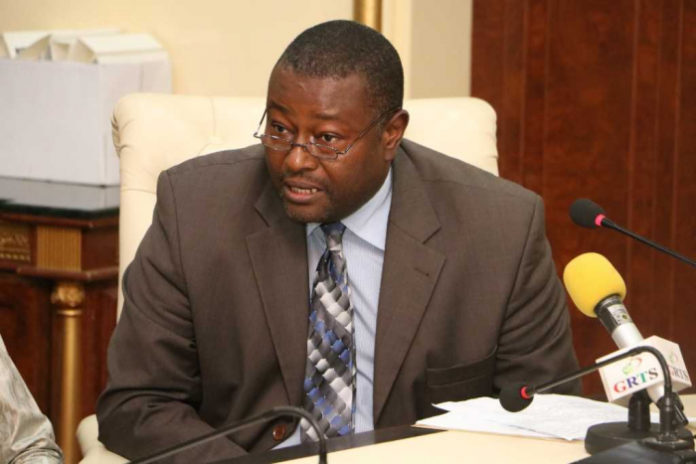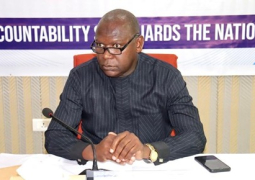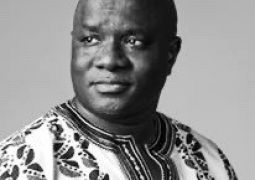
In a dispatch sent to this medium, the NHRC says it is concerned about what unfolded in Garawol village after a man was allegedly banished for leading a congregational prayer on Tobaski day.
Below reads the full text of the release.
“The National Human Rights Commission (NHRC) is extremely concerned about the alleged fine, and in lieu banishment, imposed on one Musa Trawally by the Alkalo of Garawol Village in the Upper River Region (URR) for leading congregational prayers on Tobaski Day, as reported in the Foroyaa Newspaper of 11 August 2020 with the caption (sic) ‘Man Ordered to Vacate Garawol After Leading Supposed Slave Class in Prayers’. Equally disconcerting and disturbing have been allegations of assault and discriminatory practices against this same group of people within the Sarahuleh communities in the Region.
Discriminatory practices and incidences within identified communities in URR have come to the attention of the Commission which it finds abhorrent to the dignity and person of the affected people, who are commonly referred to by the derogatory term “slaves” mostly by those who regard themselves as ‘nobles’. The Commission, set up to protect the rights of all people in The Gambia, condemns in the strongest terms all acts of human rights violations and discrimination against the people affected. Discrimination of any type or nature, including one based on caste, has no place in a civilized society and certainly not in The Gambia where the 1997 Constitution accords every citizen and resident equal rights and protection and a free and dignified life.
Since October 2019 to date, NHRC has conducted two fact-finding missions to the communities of Diabugu, Koina and Garawol which revealed the existence of the caste system in these communities and that of a long-standing traditional practice that subjects ‘slaves’ to tedious, and sometimes degrading, jobs for their ‘masters’ or ‘nobles’. In extreme cases, the affected group has reported physical attacks on some of their members. Following the 2019 fact-finding mission, NHRC reported its findings through its annual report and made recommendations to the National Assembly Standing Committee on Human Rights on medium- and long-term solutions to ending this issue.
The NHRC requests the government to urgently set up a task force comprising relevant stakeholders including the Ministry of Justice, Ministry of Lands and Regional Government, Ministry of Interior, representatives of the Supreme Islamic Council, the National Assembly Standing Committee on Human Rights and the NHRC to look into the current troubles in the area and to also examine and implement the recommendations proposed by the NHRC to the National Assembly Standing Committee on Human Rights.
The NHRC reiterates that discrimination and discriminatory practices based on tribe, religion, language or other statuses are illegal and unacceptable and urges people to treat each other in a dignified, respectable manner which also recognises the humanity of all. NHRC equally urges the Government and relevant authorities to take swift and permanent actions to eradicate the caste system and other discriminatory practices which dehumanise people in The Gambia.
The NHRC remains committed to the protection of human rights and to a safe and dignified life for all in The Gambia.”




